Whether your retirement is years away or right around the corner, your investment portfolio should be designed with your financial goals in mind. It needs to be forward-thinking enough to handle the whims of the market but flexible enough to make changes on the fly.
One of the most important concepts for any investor to understand is asset allocation. Put simply, asset allocation describes the division of stocks, bonds, and cash that make up your investment portfolio. Although this concept is straightforward, it has one of the largest impacts on your financial future.
Each asset class has its own set of risks and rewards, depending on your time horizon and financial goals. You and your financial advisor may make adjustments to your portfolio over the years as your needs change. These changes may involve adjustment that amount you have invested in different assets classes. Here are some of the common traditional investment asset classes:
- Stocks, also called equities, allow you to own a share of a publicly-traded company. By investing in stocks, you have the potential for a higher return on your investment. But if the company has a bad year, or if the economy takes an unexpected turn, you may also lose money.1
- Bonds, overall, have been a steadier source of fixed income. However, bonds are subject to interest rate and inflation risks, and their rate of return tends to be lower.1
- Mutual funds and ETFs (exchange-traded funds) are pools of multiple companies in which you can invest. While many mutual funds have a mix of stocks and bonds, some specialize in one or the other. Mutual funds offer less risk than investing directly in stocks, as diversifying your asset allocation tends to spread the risk.1
- Cash and cash equivalents give you flexibility for any unexpected emergencies that may arise. If your hot water heater dies, having funds on hand to take care of it without resorting to a credit card is helpful. However, your cash-on-hand cannot earn you money the way other investments might.1
- Cryptocurrency and digital assets are the newest asset class available to investors. Historically, though it's a fairly short history, cryptocurrencies and digital assets have had higher returns than any other asset class and have previously been non-correlated with the other asset classes, thus making them a good alternative when other assets are performing lower. However, in recent months cryptocurrencies have been moving more with others assets, especially technology stocks, and have seen steeper declines. They also tend to be much more volatile, meaning they experience bigger swings of gains and losses. However, with their long-term potential cryptocurrencies and digital assets can have a significant impact on an investment portfolio.
Finding A Balance
Each asset class, and each individual investments within each asset class, has its own potential return and risk. It's important to find the right balance among all the asset classes within your investment portfolio to ensure it is more likely to help you reach your goals, but not place your finances at a risk level that is greater than you are able to willing to take. This is called asset allocation, and a financial advisor can help determine the right asset allocation for you and your goals.
Once that allocation is set, it will change over time as the investments make gains or losses, and that will change the expected ongoing performance and risk level. That's when it comes time to rebalance back the original asset allocation. It's a continuing cycle of adjustments and changes to keep you on track with your goals while keeping your risk under control.
When it comes to managing your portfolio, asset allocation requires a more hands-on approach. “Setting it and forgetting it” may sound appealing, but changes in the market warrant a portfolio review to make sure your asset allocation still makes sense. Working with a financial advisor is a great way to make sure that your asset allocation reflects your goals, and they can help make adjustments to any changes that life throws your way. To get help from a financial advisor and set your course for your financial future feel free to...
This content is developed from sources believed to be providing accurate information. The information in this material is not intended as investment, tax, or legal advice. It may not be used for the purpose of avoiding any federal tax penalties. Please consult legal or tax professionals for specific information regarding your individual situation. The opinions expressed and material provided are for general information, and should not be considered a solicitation for the purchase or sale of any security. Digital assets and cryptocurrencies are highly volatile and could present an increased risk to an investors portfolio. The future of digital assets and cryptocurrencies is uncertain and highly speculative and should be considered only by investors willing and able to take on the risk and potentially endure substantial loss. Nothing in this content is to be considered advice to purchase or invest in digital assets or cryptocurrencies.
Enjoying Escient Financial’s Insights?
The weekly newsletter is usually delivered to your email inbox Friday or Saturday, and includes:
- the latest Escient Financial Insights articles
- a brief of the week's important news regarding the markets
- recommended third-party reads
- selected Picture of the Week
Escient Financial does NOT sell subscriber information. Your name, email address, and phone number will be kept private.
















